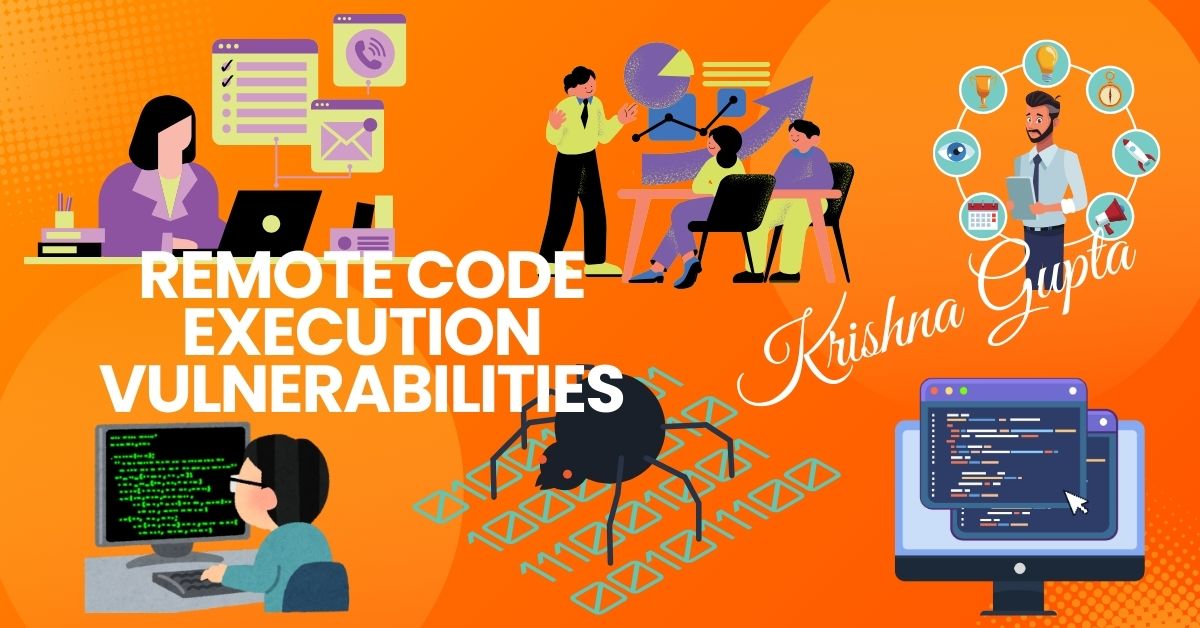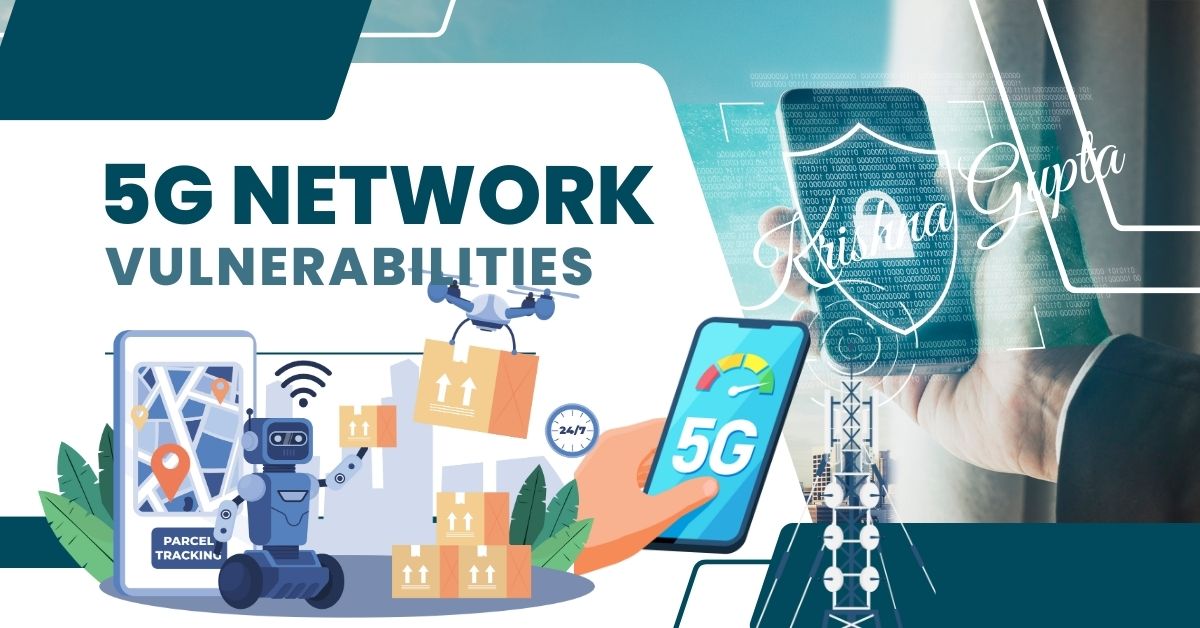Board of Directors and Offensive Security: Navigating Cybersecurity Challenges at the Governance Level
The Board of Directors is responsible for overseeing the implementation of offensive security strategies and ensuring that they are effectively managed. This requires a proactive approach to risk management, where the Board plays an active role in setting the tone for cybersecurity governance and ensuring that appropriate resources and expertise are allocated to address identified risks.
Offensive security refers to the proactive approach of identifying vulnerabilities and potential threats within an organisation’s systems and networks. It involves techniques such as vulnerability assessments, penetration testing, malware analysis, cyber forensics, and reverse engineering. The goal is to simulate real-world attacks, uncover weaknesses, and develop strategies to counteract these threats before they are exploited by malicious actors.




